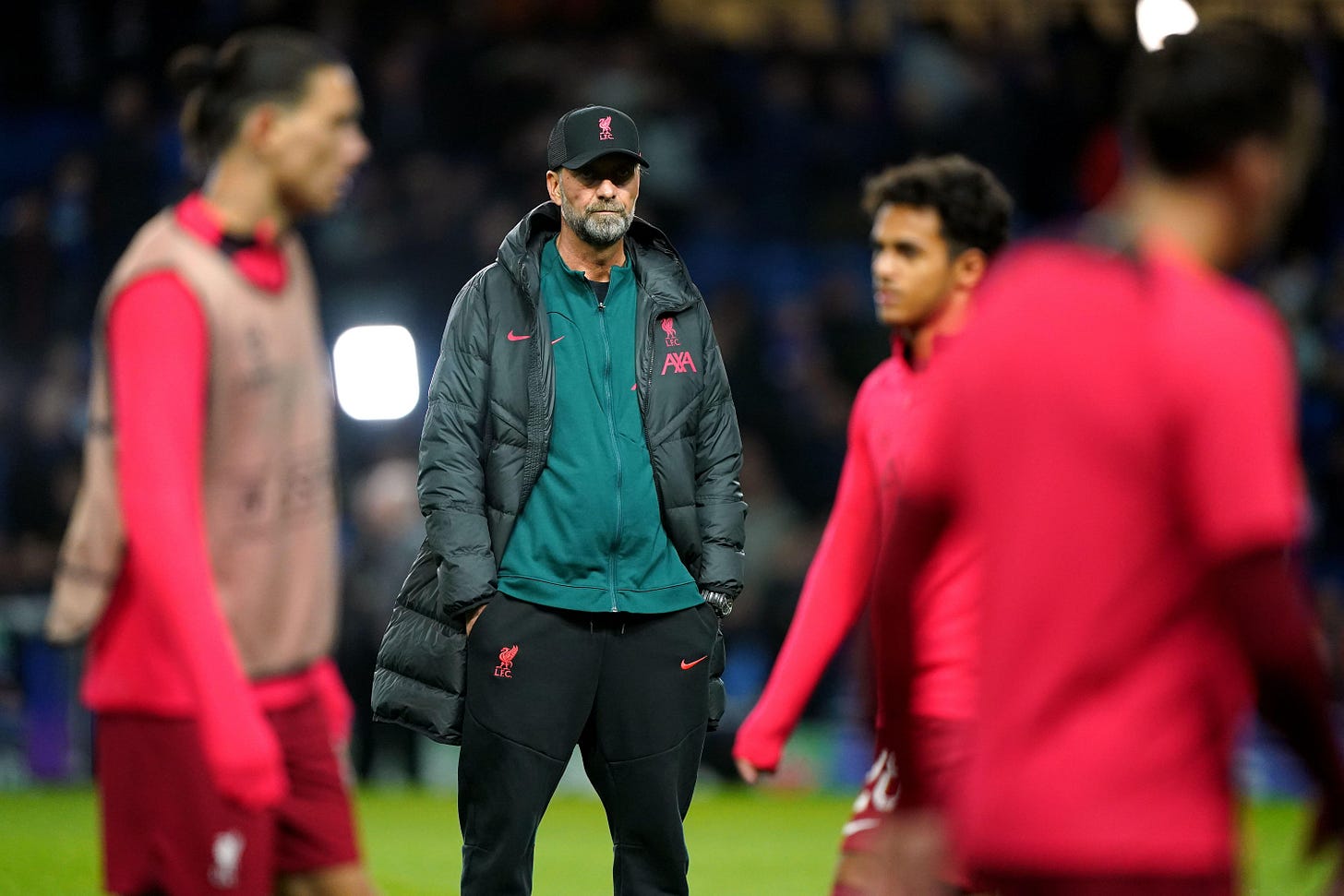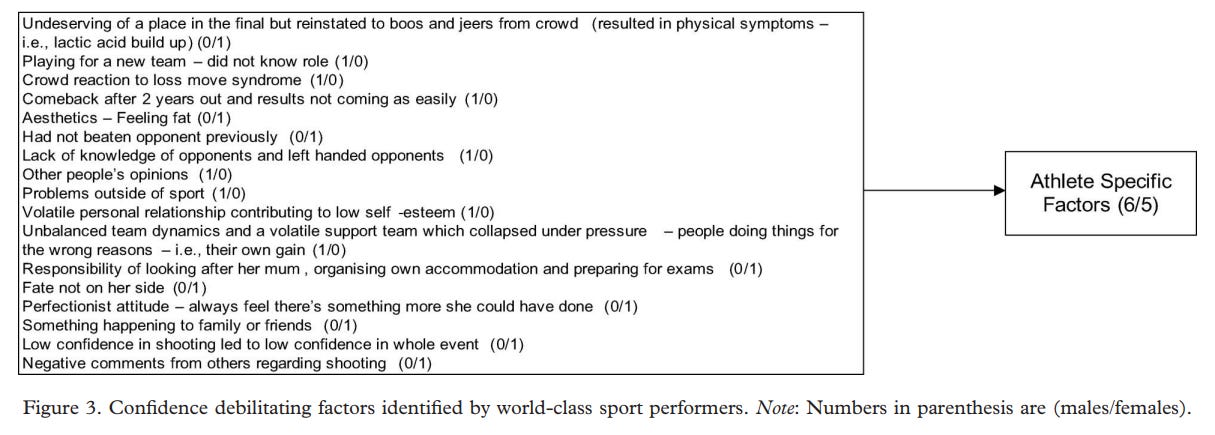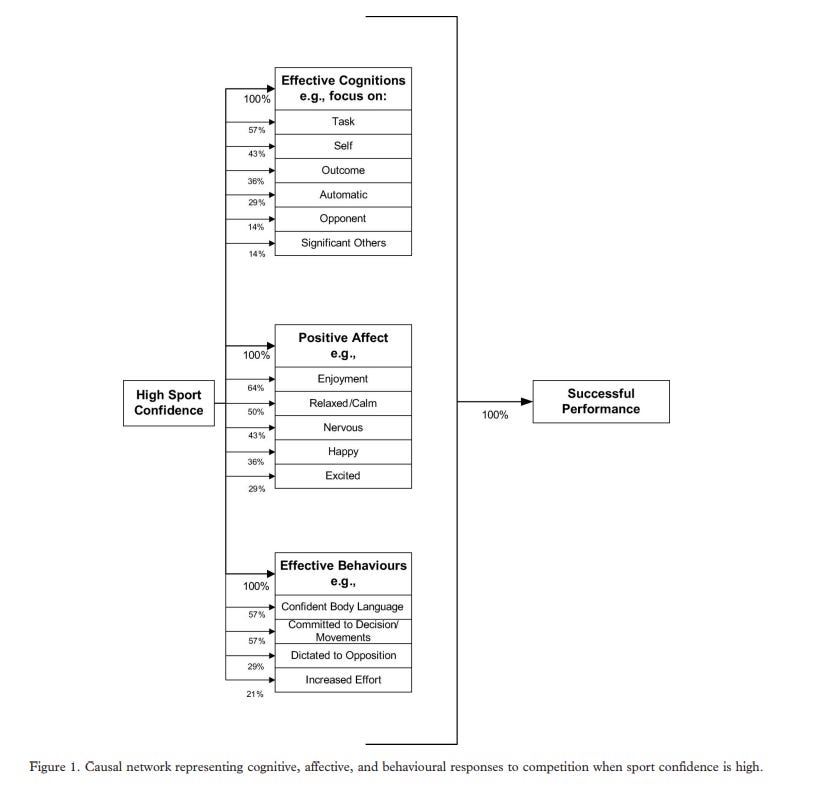How does confidence actually affect players' performance?
"People ask how could it happen that these players are not full of confidence?
“Do you think Cristiano Ronaldo (largely playing a substitute role at Manchester United) at this moment is top of his confidence levels?
“He was for ages the best player in the world and now it is not going his way and it is not exactly the same. That happens to all of us.
“Lionel Messi played last season (his first at Paris St Germain) where it was not exactly the same because these kind of things are really important to all of us and you have to work for it.
“You have to take the little things to take a step in the right direction and be really ready for the moment when it is back and that is what we are doing.”
Jurgen Klopp, October 2022
It typically takes a marked dip in performance for a manager to question players’ confidence (unless, perhaps, you’re Jose Mourinho). Unfortunately for anyone connected with Liverpool, the Anfield club are experiencing precisely that type of form. Last season’s Premier League runners-up sit 14 points off the top of the table after playing only eight games. But is the link between confidence and performance as definitive as some would suggest? And how significant an impact does poor form - or a spell on the sidelines - have on players’ confidence?
Well, to start with, it’s worth pointing out that research supports Klopp’s assertion that confidence, in elite sporting environments, is a fickle friend. ‘The role of confidence in world-class sport performance’, co-authored by Kate Hays , Owen Thomas , Ian Maynard & Mark Bawden, points to previous studies which show how susceptible elite athletes are to changes in confidence.
11 of the 14 competitors who took part in the research identified poor performance as the cause of a drop in confidence, tallying with comments made by Virgil Van Dijk in the wake of Liverpool’s loss to Arsenal:

If that seems unsurprising, the sheer volume of factors identified by the study as having an impact on players’ confidence is perhaps more revealing. Beyond the after-effects of injury, poor preparation, questionable coaching and raised expectations - which many observers would conclude have little to do with Liverpool’s perceived loss of confidence - the athletes highlighted a myriad of influences on their confidence.
The above graphic, which shows that issues ranging from personal problems to negative commentary can affect confidence, serves as a reminder that attributing the loss of an ‘aura’ as seemingly impregnable as Liverpool’s to a string of defeats is perhaps simplifying the dynamics at play.
In contrast, the link between confidence and performance is more clear-cut: all of the athletes who took part in the study performed well when exhibiting a high level of confidence, with performances dipping as confidence drained away. The research shows that confidence influences performance in three ways:
Through cognitive responses: athletes interviewed as part of the study said that they were able to retain focus to a greater degree when they were confident, with 57% of the participants associating a high level of confidence with an ability to focus on ‘tasks’, as shown in the diagram below.
Percentages in the above diagram show the proportion of interviewees who selected the response in question
Confidence was generally highlighted as a ‘shield’ against negative thoughts, with a former World Cup winner saying: “we knew that we could play Australia week in week out and we could beat them . . . and having confidence like that when you go into a game makes a game so much simpler.”
However, without the protection provided by a high level of confidence, study participants proved more susceptible to negativity, with techniques such as positive self-talk and rationalisation proving less effective when athletes were lacking confidence. As one participant put it: “it’s easy to say ‘‘Oh well, I should have thought positive thoughts’’, and I did in the days leading up to the race, but in the last hour (when nerves take over) I just couldn’t control anything.”
Through ‘affective’ responses: whilst nerves affect both athletes exhibiting high and low levels of confidence, there can be a marked difference in the emotional response to pre-competition ‘butterflies’. The athletes interviewed during the study variously described nerves as eliciting ‘fear’, ‘panic’ and ‘worry’ during periods of low confidence. In contrast, one participant indicated nerves were ‘very minimal really and didn’t affect my performance at all’ when confidence was high.
Through behaviourial responses: 57% of the athletes analysed as part of the study said that their commitment to performance decisions and competition plans was strengthened by confidence. In contrast, just under a third of the participants linked low confidence with a lack of effort or fight. As one of the swimmers interviewed said: ‘‘Instead of standing there and believing that there was no-one else that can beat me, when a girl was on my shoulder on the last length I just let her pass me.’’
Whilst there are very few observers are suggesting that Liverpool players are demonstrating a lack of fight, it’s interesting to note the link the study draws between confidence and focus. Could this be an influence on the relatively porous state of Klopp’s defence, which has already shipped 12 goals in the team’s Premier League fixtures to date, almost half the amount they conceded in the entirety of the 2021/22 season?
The answer, frustratingly for fans, is as complex as a remedy for the side’s perceived loss of confidence. As the study shows, players’ confidence levels are affected by numerous factors, many of which sit outside of the field of play or training ground. Interventions designed to reverse a loss of confidence need to be highly targeted, reflecting an individual’s specific needs. For Klopp, his coaching team and backroom staff, it’s a challenge - even with the fillip of a win against Rangers - as tough as any they’ve faced.





I've always thought of confidence and performance as a feedback loop, especially on the extreme ends of either factor. High confidence generates high performance which increases confidence, and so on. Interestingly, I read a meta analysis by Lochbaum et al. (2022) that suggested the relationship between self-confidence and sport performance may be much lower than suggested in most discussions on the topic. Certainly, the complexity of factors that contribute to confidence makes it incredibly difficult to parse out and study. Gut still says Liverpool's lack of confidence and City's high flying confidence means only one outcome is possible though...